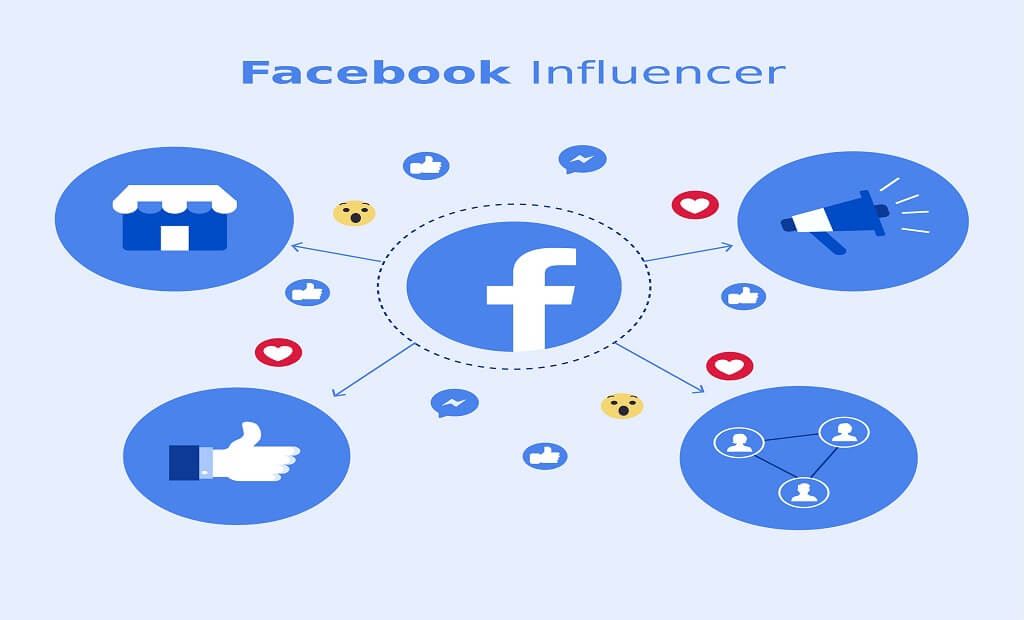In the fast-paced digital world, businesses are constantly seeking innovative ways to enhance customer support and streamline lead generation processes. One technology that has gained significant attention is Facebook Messenger chatbots. These intelligent virtual assistants can revolutionize the way businesses interact with their customers and generate leads. We will explore the potential of Facebook Messenger chatbots and how they can automate customer support and lead generation for your business.
Introduction to Facebook Messenger Chatbots:
Facebook Messenger chatbots are automated software programs that can interact with users through the messaging platform. They use artificial intelligence and natural language processing to understand user inquiries and provide relevant responses. Chatbots can handle a variety of tasks, including answering frequently asked questions, providing product recommendations, processing orders, and capturing leads.
Benefits of Using Facebook Messenger Chatbots:
Implementing chatbots in your business strategy can offer several advantages:
a. 24/7 Availability: Chatbots can provide instant responses to customer inquiries at any time of the day, improving customer satisfaction and engagement.
b. Efficient Customer Support: Chatbots can handle repetitive and commonly asked questions, freeing up human agents to focus on more complex issues and providing faster resolutions to customer queries.
c. Personalized Interactions: Chatbots can collect user data and personalize their responses based on individual preferences and previous interactions, creating a more tailored and personalized experience for users.
d. Lead Generation and Qualification: Chatbots can proactively engage with users, capture their information, and qualify leads based on predefined criteria. This automation can significantly speed up the lead generation process.
e. Cost Savings: By automating customer support and lead generation, businesses can reduce the need for human resources and potentially save on operational costs.
Implementing Facebook Messenger Chatbots:
a. Define Objectives: Determine the specific goals and tasks you want your chatbot to accomplish, such as providing customer support, capturing leads, or assisting with product recommendations.
b. Choose a Chatbot Platform: Select a chatbot platform that integrates with Facebook Messenger and offers the features and capabilities that align with your objectives. Popular options include Chatfuel, ManyChat, and MobileMonkey.
c. Design Conversational Flows: Map out the conversation paths and responses that your chatbot will provide. Consider various user scenarios and create a user-friendly and intuitive conversational flow.
d. Customize and Personalize: Tailor your chatbot’s responses to reflect your brand voice and personality. Incorporate personalization by leveraging user data and past interactions.
e. Test and Refine: Thoroughly test your chatbot’s functionality and responsiveness before launching it. Collect user feedback and iterate on the chatbot’s design and performance to continuously improve its effectiveness.
Best Practices for Using Facebook Messenger Chatbots:
a. Clear Call-to-Actions: Clearly communicate the capabilities of your chatbot and guide users on how to interact with it. Use buttons, quick replies, and structured messages to make the user experience more intuitive.
b. Seamless Handover to Humans: Design your chatbot to seamlessly transfer conversations to human agents when necessary. Ensure a smooth transition to maintain a high level of customer service.
c. Regular Updates and Maintenance: Continuously monitor and update your chatbot to accommodate changes in your business, customer preferences, and Facebook’s platform updates. Keep your chatbot up to date with the latest information and improvements.
d. Analyze Performance: Leverage analytics tools provided by the chatbot platform to track key metrics such as user engagement, conversion rates, and customer satisfaction. Analyze the data to identify areas for improvement and optimize your chatbot’s performance.
Conclusion:
Facebook Messenger chatbots have emerged as powerful tools for automating customer support and lead generation. By implementing chatbots in your business strategy, you can provide instant support to your customers, capture leads more efficiently, and enhance the overall user experience. Stay updated with the latest trends and advancements in chatbot technology to unlock the full potential of Facebook Messenger chatbots for your business.

